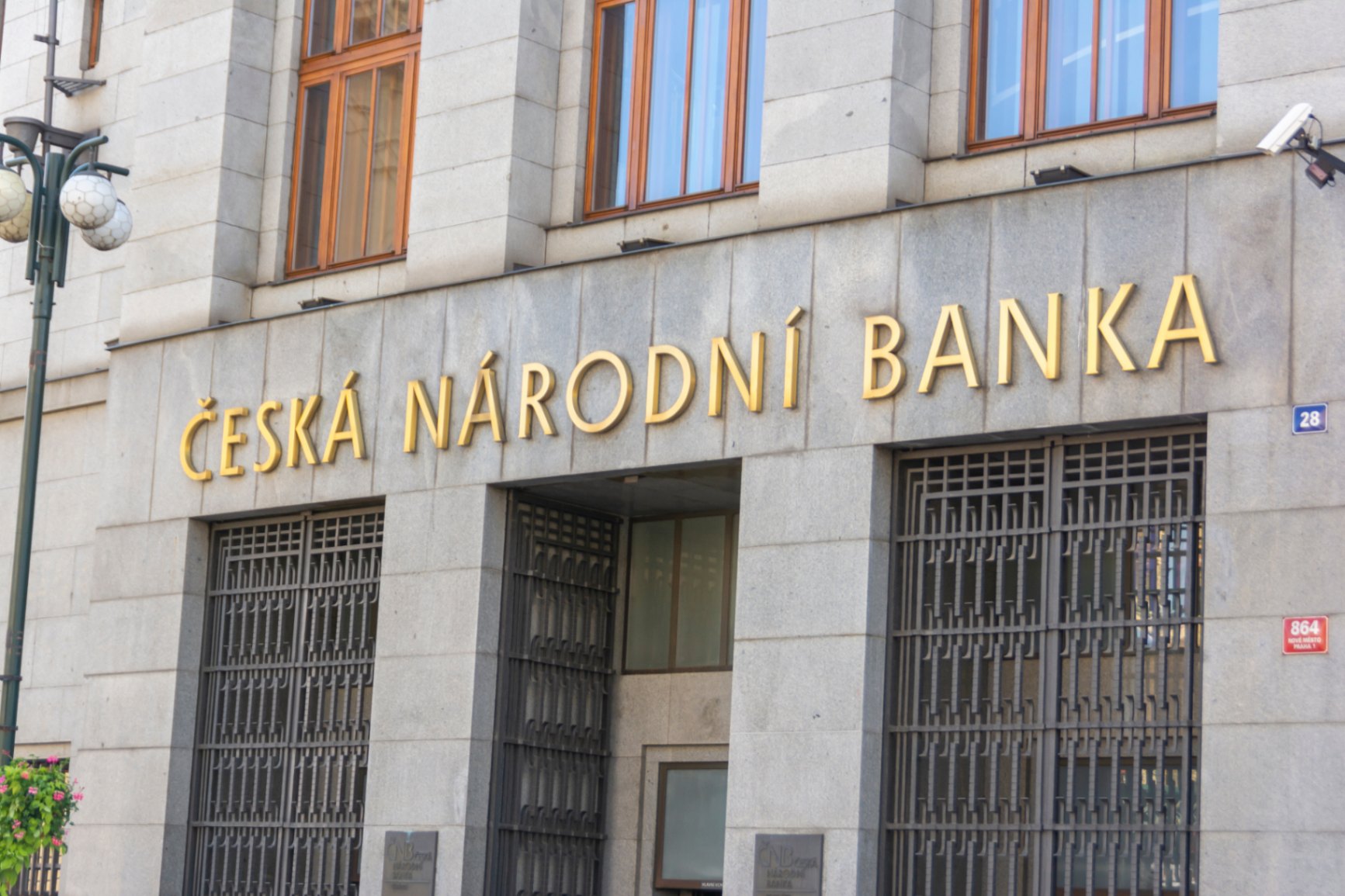CNB interest rate remained at 3.75% with hawkish commentary
The CNB Bank Board left interest rates unchanged in March.

The CNB Bank Board left interest rates unchanged in March, with the two-week repo rate at 3.75% after its February cut from 4%. This was a unanimous decision in line with expectations, and the CNB returned to pause in the interest rate cut process as in December 2024. All the factors that had been inflationary in the previous six weeks and cooled expectations of a possible rate cut were mentioned in the CNB statement. Adding to this data list was the inflationary perception of global economic policy, in the form of trade wars and Germany's fiscal stimulus plan.
Forward markets are still betting on a May interest rate drop to 3.5%, which would be in line with our outlook, but the upcoming data needs to open the right doors for that drop. This is because Governor Michl has kept all doors open for the next May meeting, i.e. in all three directions. The koruna reacted to today's CNB decision by strengthening against the EUR below 24.9, reflecting a more favourable interest rate differential, but otherwise the koruna lacks significant momentum.
What were the key inflationary data that contributed to the unchanged CNB interest rate? Above all, persistent inflationary pressures due to service prices (but also food prices ), stronger wage growth and household consumption at the end of last year, but also property prices (see the note in the statement on the transmission of monetary policy to credit activity and asset prices or the mention of mortgage loans in the assessment of the risks to the inflation outlook).
Added to this data list was the inflationary outlook for global economic policy, in the form of trade wars and the fiscal stimulus plan in Germany.
The first factor came as somewhat of a surprise, as the CNB seems to be starting to perceive the risks from trade wars (between the US, EU and China) as more inflationary again, whereas at the turn of the year it seemed to be accepting disinflationary risks. A possible explanation for this is the as yet absent escalation of trade wars between the US and China, which is seen as a major disinflationary contribution to the outcome of these trade wars in the euro area (i.e. via higher supply of Chinese goods).
Although German fiscal plans remain on paper for now, together with Czech plans for higher defence spending, they reduce the risk of a worse economic outlook, especially in the context of stronger wage and consumption growth in the Czech economy. This limits the possibility of more easing in the labour market.
Last minute data load ahead of the May meeting. A rough estimate of core inflation for April will be available by the next CNB interest rate decision, i.e. by 7 May. Thus, the CNB will have two more pieces of information on the momentum of core inflation. At the same time, the CNB will start the May meeting with a flow of new data on March economic activity and therefore on industrial wages.
The koruna reacted to today's CNB decision by strengthening against the EUR below 24.9. This also has to be taken in the context of a slight decline in euro interest rates, where the two-year swap rate fell back below 2.3%, while its Czech counterpart, also thanks to the CNB's communication, rather flirted with the 3.5% level. However, a look at forward market expectations compared to where central banks are today does not offer a significantly different outlook for central banks. The Czech forward market expects the 3M rate at around 3.3% on an annual horizon (i.e. the CNB rate half a percentage point lower) and the euro market is similarly positioned, still (despite the German fiscal plan) pricing in an ECB deposit rate at 2% on an annual horizon, i.e. half a percentage point lower.
The koruna still lacks a stronger and more obvious impetus as the various scenarios are offset for now. The potential peace in Ukraine can be taken positively in terms of energy prices and their impact on the Czech trade balance. However, this is likely to be countered by higher defence spending (up to 1% of GDP over a five-year horizon). The impact of a possible peace in Ukraine on the labour market is even more unclear for now. Trade wars are a negative for a small export-oriented economy, albeit one with less exposure to the US. This is countered by the CNB's more hawkish perception of this factor and the aforementioned German fiscal plan.